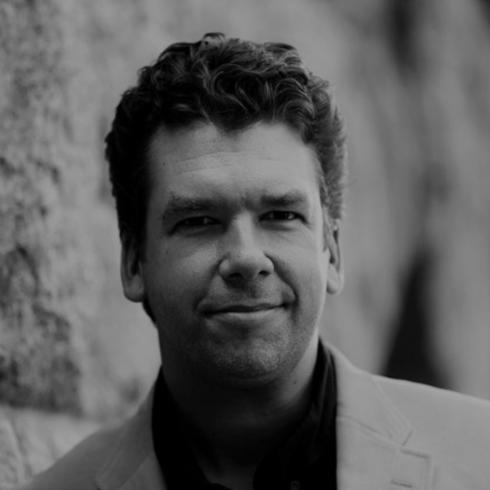
" Höstsonaten "
Opera in 2 acts
Peters
SÉLECTION 2018
- Nominated for : The Young Audience Prize 2019
- Nominated for : The Musical Composition Prize 2018
"Höstsonaten – Autumn Sonata is a multilayered and powerful relationship drama. Its protagonists meet up in the dark hours of the night and end up having to question the choices they’ve made and their consequences. Underlying the drama, we have the eternal themes of forgiveness and the ability to accept other people as they are. Even as I was starting out the work, I felt as if the story and its characters were waiting for me somewhere in the depths of my mind. The tidal surges of the opera’s music still have an unusual pull on me."
The two main characters in the opera are Charlotte Andergast - The concert pianist and mother who visits her older daughter Eva after years of absence. Eva lives with her husband Viktor at a vicarage and they also take care of Eva's younger sister Helena who is gravely ill. The libretto developed into a more illusive form than Bergman's realistic film script. For instance, the film script only alludes to Leonardo, the recently deceased lover of Charlotte. In the opera l wanted Leonardo to have a stronger presence, so the dead man comments on the life of the living from a distance. l also asked the librettist to include a chorus and this "Greek chorus" became an extension of Charlotte's ego: the concert audience that accompanies her wherever she goes. This is because Charlotte needs her audience, it means everything to her. It follows in her footsteps, initially just in her imagination. Later on, little by little, it infiltrates the reality of the vicarage and the other characters, who begin to communicate with the choir, also. Such extensions can become absolutely momentous in an opera, in this case creating interesting time layers between the real and the unreal and also showing the egotism of the mother in both tragic and absurd scenes.
When the family members converge under one roof after years of separation, they begin to delve into the past. Despite their good intentions, old wounds are opened but at the end of the opera we are left in a situation where little seems to have changed. This inevitability haunted me through my entire composition process, becoming as important as the protagonists' actions. Their objectives are noble, but they are chained by inevitability. In the end, their inability to take the last, crucial step makes change and forgiveness more difficult. l was very interested about the parallels this has in the real world. We all have some need to achieve change in ourselves or people around us. The final step, many times however, is an unsurmountable challenge to us, so everything stays the sarne. It is so much easier to carry on acting as before or follow in somebody else' s footsteps - whether we are talking about environmental, political, or societal issues.
Autumn Sonata is my most extensive work so far. It combines and develops musical elements from both my previous orchestral and vocal music. At the same time, the composition of the work did not seem to be an end-point, but rather a new platform that led to new interesting directions and thoughts. l feel that an opera cannot be composed before there is a subject and a story that resonates on the same frequency as one's own expression and in the early stages of the composition process it seemed as if the story and its characters were just waiting for me in the shadow of my mind. As the compositional work progressed, the musical tidal flows of the opera pulled me towards their big depths and even though the compositional work is finished, l still find myself thinking of the characters and their destinies. Sebastian Fagerlund

